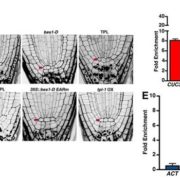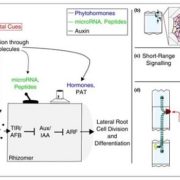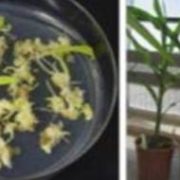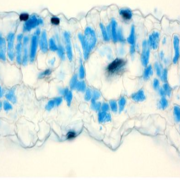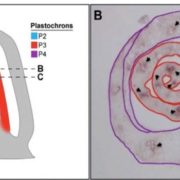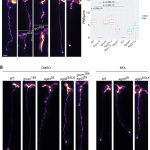CLE40 induces localized root Ca2+ transients through CNGC9 (bioRxiv)
CLE40 induces localized root Ca2+ transients through CNGC9
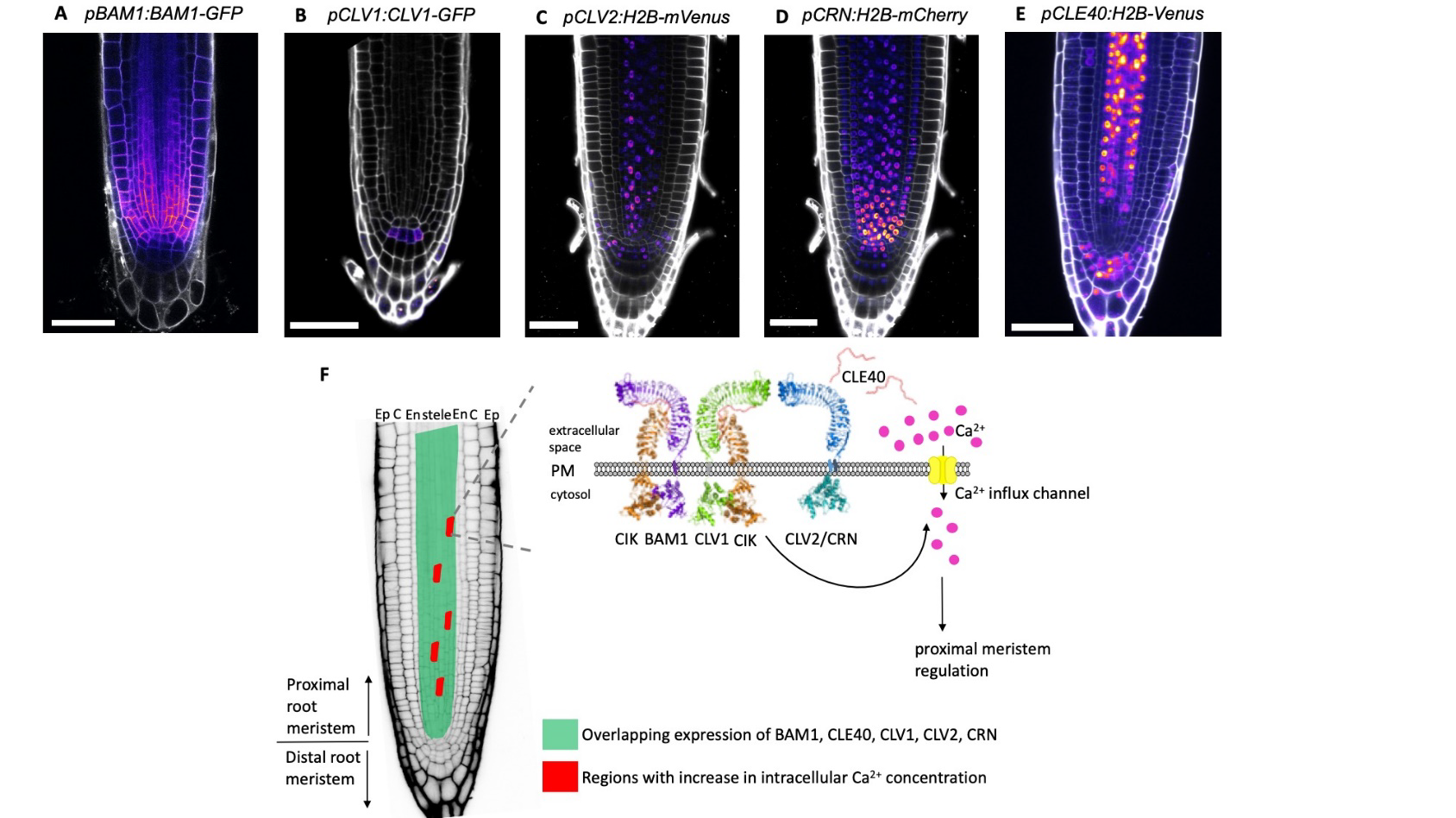 Growth and differentiation of cells in the meristematic region are tightly regulated by different signaling pathways. In the root meristem, the small peptide CLE40 acts as a ligand that binds to cell surface receptors and regulates cellular differentiation. In a new study, Breiden and colleagues have shown that application of external CLE40 peptide (CLE40p) induces highly localized Ca2+ transients in the proximal meristematic zone of the root. Application of a CLE40p with “randomized” amino acid sequence or application of CLE14p, a related peptide, does not elicit the same Ca2+ signals, suggesting a specific functional correlation. In agreement with their observation that the Ca2+ signals are sourced from the apoplast, the plasma membrane channel CNGC9 was seen to be required for CLE40p-induced transients. This Ca2+ signaling was also attenuated to varying degrees in mutants of receptors working downstream of CLE40 peptide signaling, suggesting their involvement in the signal transduction process. Though the authors have reasoned that it might be involved in regulation of cell fate, the precise role of this CLE40-induced Ca2+ signaling remains to be uncovered. (Summary by Pavithran Narayanan @pavi_narayanan) bioRxiv 10.1101/2020.11.13.381111v2
Growth and differentiation of cells in the meristematic region are tightly regulated by different signaling pathways. In the root meristem, the small peptide CLE40 acts as a ligand that binds to cell surface receptors and regulates cellular differentiation. In a new study, Breiden and colleagues have shown that application of external CLE40 peptide (CLE40p) induces highly localized Ca2+ transients in the proximal meristematic zone of the root. Application of a CLE40p with “randomized” amino acid sequence or application of CLE14p, a related peptide, does not elicit the same Ca2+ signals, suggesting a specific functional correlation. In agreement with their observation that the Ca2+ signals are sourced from the apoplast, the plasma membrane channel CNGC9 was seen to be required for CLE40p-induced transients. This Ca2+ signaling was also attenuated to varying degrees in mutants of receptors working downstream of CLE40 peptide signaling, suggesting their involvement in the signal transduction process. Though the authors have reasoned that it might be involved in regulation of cell fate, the precise role of this CLE40-induced Ca2+ signaling remains to be uncovered. (Summary by Pavithran Narayanan @pavi_narayanan) bioRxiv 10.1101/2020.11.13.381111v2



